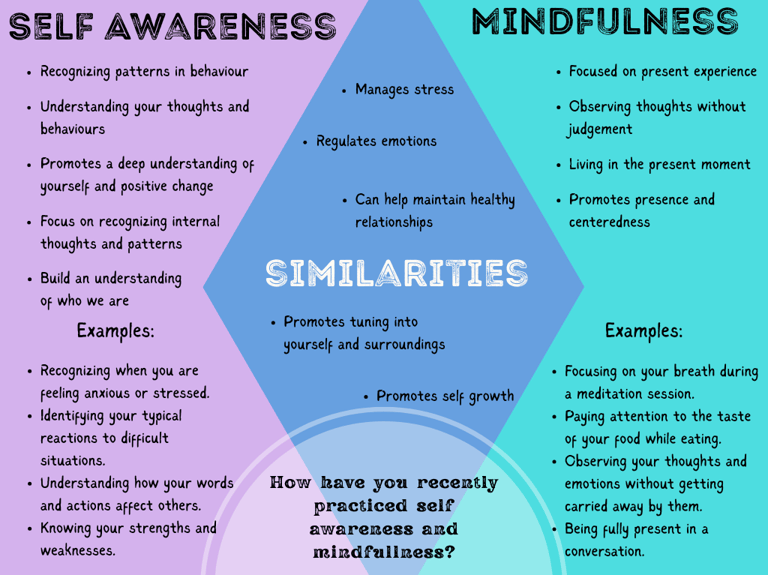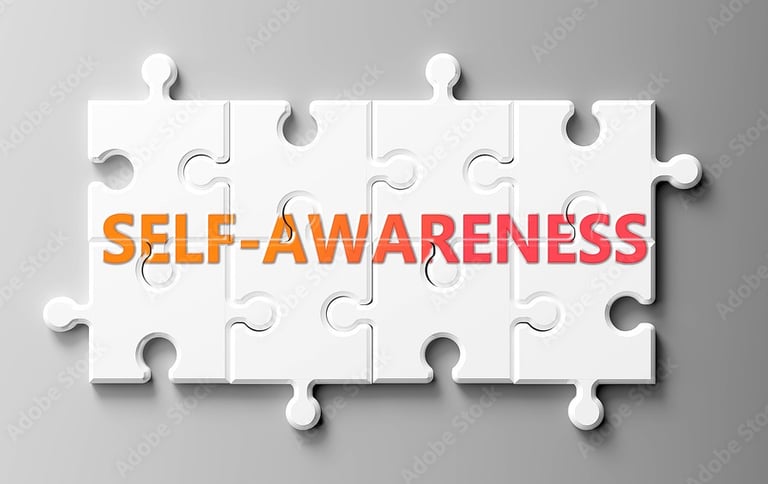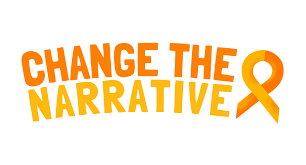Thank you to our sponsors and supporters
April 2025 Newsletter
This edition discusses how to use journaling to help support your journey
NEWSLETTERS
1/15/20256 min read
A MONTH OF AWARENESS
RAISING AWARENESS
First thing first - what is awareness. We can find two definitions for awareness: “knowledge or perception of a situation or fact.” and “concern about and well-informed interest in a particular situation or development.”
As many of you know, the organization has been working on compiling resources for you. This includes a lending library, community information and referrals, and different assistance programs that may aid you. We are still working on the best way to sort this out and make it accessible. For now, feel free to check out our website by clicking the image below, and if you need help finding more information, send us an email at saskatoonsuicidegrief@gmail.com
Suicide Grief Support Saskatoon Inc.
24/7 Help
These resources are helplines available 24/7 to help you get through this difficult time.
9-8-8 is a national suicide and mental health crisis line. You don’t have to be suicidal to call. For more information click here.
988
For those of you based in Saskatoon, there is a service offered called Mobile Crisis - someone will take your call and work with you through the thoughts. For more information, click here.
306-933-6200
Saskatoon Mobile Crisis
The Hope for Wellness Helpline is available to all Indigenous people across Canada. Experienced and culturally aware counsellors are reachable by telephone and online chat 24/7. For more information click here.
Hope for Wellness
1-855-242-3310
This line is a dedicated line for veterans to use. It’s a part of the 9-8-8 initiative, if you’d like to call rather than text, call 988 and dial 1. For more information click here.
Text 838255
Veterans Line
Why is awareness important?
There are numerous reasons awareness is important, but let’s focus on how it affects us as a society, both internally (self aware) and externally (community).
Internally - When we become more self aware, we are able to regulate our emotions and reactions. It allows us to recognize what we need, practice coping skills, and helps us use logic and reasoning when making decisions. Understanding what mental health is also helps us challenge any stigmas we have against it. Being able to apply all of the above skills helps us build our relationships, our self confidence, and most of all, allows us to take care of ourselves. Have you practiced self awareness lately?




In the Meantime…
Needing more help is okay.
Grief doesn’t stop. It doesn’t only appear once a month. It’s an everlasting thing. In addition to our meetings, there are many online groups you can look at attending. Some may be specified to suicide, others may not. Here is a site that lists grief groups online.
These may not be specific to suicide
Suggestions? Feedback?
We are always looking for more information and resources. Please feel free to fill out this form:
https://forms.gle/Efe2Mb9cCrbDxXHJ8
What does that mean when applied to mental health?
Awareness with mental health includes being knowledgeable about the resources around you, identifying symptoms, understanding the importance of mental health, and most importantly, monitoring your own mental health.
Externally - Awareness of mental health is also demonstrated externally. This involves providing education and information about mental health, promoting positive coping skills, and trying to break the stigma. Raising awareness within a community helps advocate for better health care, reduces discrimination, challenges stigmas, and creates a supportive social network. What does mental health awareness look like in your community? What could you do to help with awareness?
Before we learn how to build these skills, it’s important to know that mindfulness and self awareness are very similar and go hand in hand with one another. Take a look at this graphic to understand the similarities and differences:
SELF AWARENESS
Self awareness sounds and is great - but is a constant practice. It’s an important skill to have - especially when you’re actively experiencing mental health issues - so let’s explore ways to build self awareness.
MINDFULNESS, MINDFULNESS, MINDFULNESS
I know. I’m a broken record - mindfulness this, mindfulness that - but it’s for a good reason! Mindfulness allows you to explore all aspects of awareness. Set those reminders to check in with yourself - whether it’s a quick body scan or a few deep breaths (Remember that app we recommended last month? Finch. Put it as a task now!!). Connect with the present, and self awareness will come much more naturally.
JOURNALING
This can feel overwhelming. Sometimes we just don’t know where to start, don’t have time, or maybe we just feel nervous because we don’t know what emotions will make an appearance. Set aside a few minutes to acknowledge yourself. What are your emotions? Are you tense? Are you relaxed?
Sometimes it’s hard to put things into words. Grab some crayons/markers and get to drawing. Use the colours to help describe how you’re feeling. Scribble words, sketch, draw a ball of emotions, etc. There is no wrong way to journal, as long as you feel it benefits you.
PRACTICE GRATITUDE
In the time following a traumatic death, it’s important to remember that there are small, tiny shimmers of happiness, some that we may miss, and some that we can hold onto. Life tends to have smaller achievements than big ones, so you don’t always need to go chasing those life changing moments. Maybe today you’re thankful for the energy to wake up and tackle some projects; meanwhile tomorrow, you’re thankful for the curtains that hide your breakdown from the neighbours.
EXAMINE YOUR REACTIONS
If something suddenly makes you angry or upset, instead of reacting, take a deep breath and allow yourself to consider what might be underneath your emotional response.
Consider what specifically is causing you to want to react and what you can do to help the situation instead of escalating it.
Additionally, when you’re in a more relaxed state, try reflecting on whether:
there are specific situations that make you feel particularly emotional
there are people you consistently have conflict with (do you know why?)
you can identify your emotional triggers
you feel confident regulating your emotions before reacting
you consider other people’s perspectives besides your own
These are only a few ways to practice self awareness. If it interests you, we encourage you to take note of one thing that has made your day just a bit better - or maybe just something that stopped your day from getting worse.
Community awareness is vital in making a change. Mental health in general has a stigma, but suicide has an overwhelming stigma that many of us face after the death. This is something many of us may not be used to, and often comes from those who are uneducated or haven’t experienced it for themselves. Educating, advocating, and supporting is the only way we can see a change in the stigma and treatment of those who have lost a loved one to suicide. Here are some ideas on how you can speak out:


PARTICIPATE IN COMMUNITY EVENTS
Volunteer - Find something that makes you passionate - such as awareness about suicide, and consider becoming involved as a volunteer at events or with groups that support and raise awareness! (Ask us if you'd like to help out!)
Promote - Volunteering can seem like quite the commitment when you’re struggling, or maybe it’s not something you’re comfortable with right now. So, another way of raising awareness is promoting the events, groups, and knowledge about mental health. Spread the word on social media, put up flyers, talk to people about the events, etc. A little can go a long ways.
Partake - Check out the events around you! For example, Cameco has a “Step Up for Mental Health” once a year - an event in which you can run/walk while raising both awareness and funding for mental health development.
EDUCATION, EDUCATION, EDUCATION
When we say education in this article, we are talking about the knowledge of the subject of mental health. Education and knowledge about mental health can come from many places - lived experiences, courses, research, etc. This type of education is often less focused on statistics or facts (although still important), and directed more towards the resources available, humanizing the stats and facts, and building a way to empathize with someone who is fighting a mental health battle.
SPEAK OUT
Change comes with action - that’s a fact. For us to bring awareness and change to mental health, it’s important to advocate for ourselves and others. Speaking out can look like many things:
Raising your own mental health concerns to your doctor
If comfortable - be open about your own mental health
Open communication - check in with friends, let them know you’re seeing them and their emotional state
Educating someone if they’re using harmful language - explain why the wording is harmful and suggest an alternative
SAFE SPACE
Part of community awareness is demonstrating what a safe place looks/feels like. When a few people start showing these habits, others will slowly follow. Safe places look like:
Minimal sensory stimulation
Privacy
Acceptance - no judgement or discrimination
Safe people behave by being:
Open listeners
Empathetic
Non-judgemental
Validating
What’s Available?
We recognize that finding resources can be extremely difficult, frustrating, and maybe even confusing. While the following isn’t a comprehensive list, it has some great places to start. Thank you to the Community Adult Recovery Services for putting the information together and allowing us to use it. Check it out here:
Apr 2025 CARS Resource v01.pdf
Remember - mental health is made up of many different aspects. This list includes information such as addiction services, warm up locations, different groups, etc.